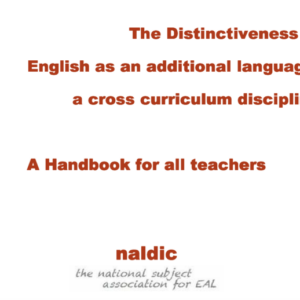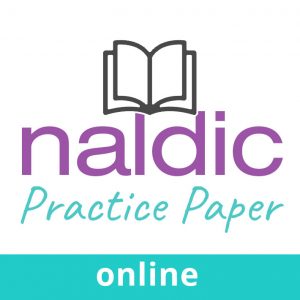Description
This paper explores reading instruction for young learners of English as an Additional Language (EAL) in the context of England’s National Literacy Strategy for primary education. We first sketch out definitions of literacy, as a basis for our later argument that ‘literacy’ in England’s primary education policy has rested on a deficit skills model of reading and spelling, and one which does not serve EAL pupils well. Our foundational discussion of reading instruction consists of a review of research into the effectiveness of three approaches to reading (‘whole language’, ‘analytic phonics’, and ‘synthetic phonics’). A sample of research into the effectiveness of synthetic phonics is selected for critical review. This indicates that synthetic phonics instruction is effective in terms of individual word identification and word reading; however, the benefits for reading comprehension are not found to be statistically significant. This is a noteworthy finding, we contend, in view of the fact that England’s primary literacy strategy rests on a mis-reading of this research.





Reviews
There are no reviews yet.